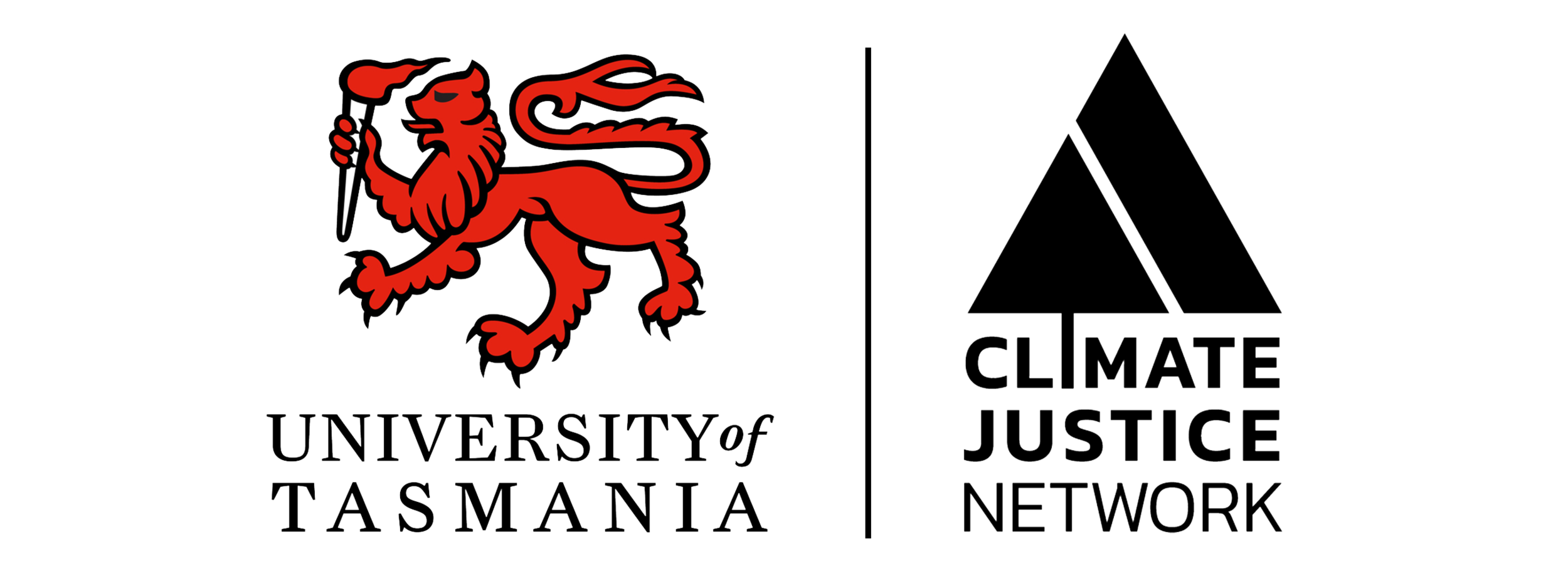Justice for future generations: imagining a different future
Climate change raises challenging issues of justice or fairness between generations- so called intergenerational justice. This occurs because a continued failure by current generations to take action on climate change unfairly shifts the burden of climate change onto the next generation, who have done nothing to cause the problem. Furthermore, failure by this generation to address climate change means that more must be done by the next generation, pushing up the costs of action.
But what do we owe future generations? A “no harm principle” applied by us all in many contexts suggests that we should refrain from action that will harm the interests of others where we have viable alternatives to this action. Renewables are clearly now a viable alternative to fossil fuels.
A further basis is the principle (following Simon Caney and Henry Shue) that all persons, regardless of when and where they are born, possess basic human rights (to life, health and subsistence), which are threatened by climate change.
Implementing intergenerational justice is impossible without also considering international justice. Developing countries, struggling to address poverty, tend to see the responsibility for future generations as resting on the shoulders of the wealthy industrialised countries who created the problem in the first place. With developing country emissions overtaking those of the developed countries, there is an urgent need to build trust between the North and the South by addressing structural inequalities in the global economic system, including, for example, in relation to agricultural subsidies. Responsibility towards future generations needs to become a responsibility shared by the entire global community. But this will only occur if mistrust between North and South is addressed by genuine reform.
It is also worth noting that intergenerational justice also involves questions of justice within societies. With the move away from fossil fuels, structural economic change entailed in the necessary transitions will have variable distributional social impacts, also giving rise to important issues of justice.
Implementing justice for future generations requires us to imagine different futures. Ethical action is only possible if we consider the future to be rich in possibilities and not predetermined in doomsday, self-fulfilling prophesies. At the conference Imagining a different future: overcoming barriers to climate justice, Marcus Duwall and Catriona McKinnon will address these issues.
(See https://www.climatejustice.network – click on provisional agenda- see plenary day one – 8 February)
Peter Lawrence is Senior Lecturer at the Faculty of Law, University of Tasmania and author of Justice for Future Generations: Climate Change and International Law (Edward Elgar)

